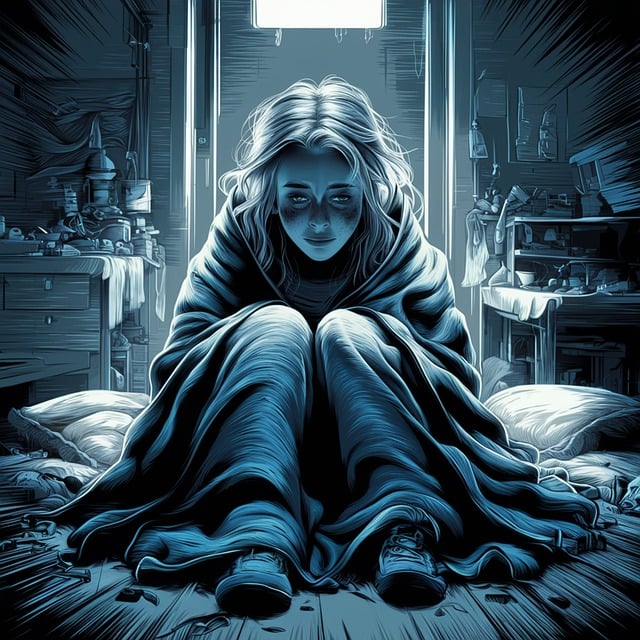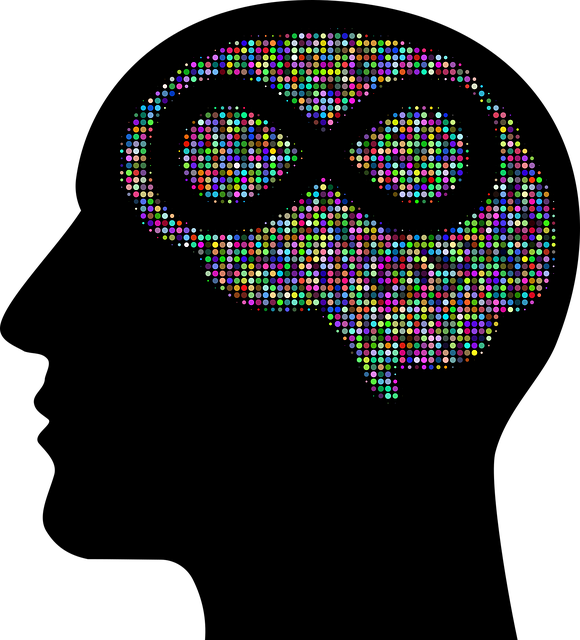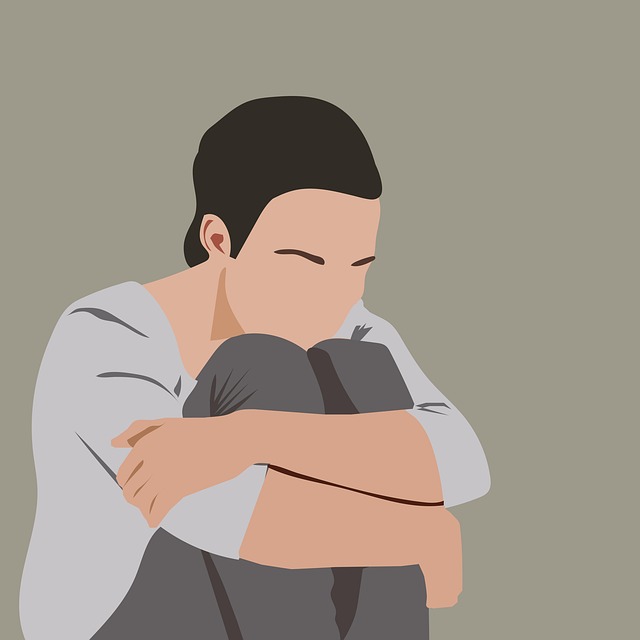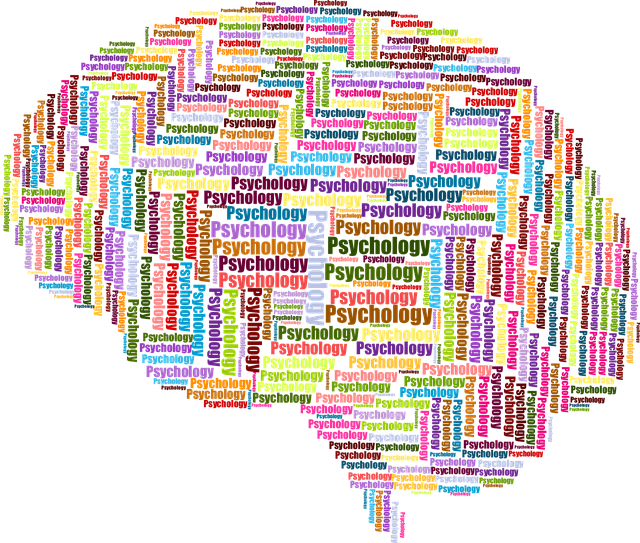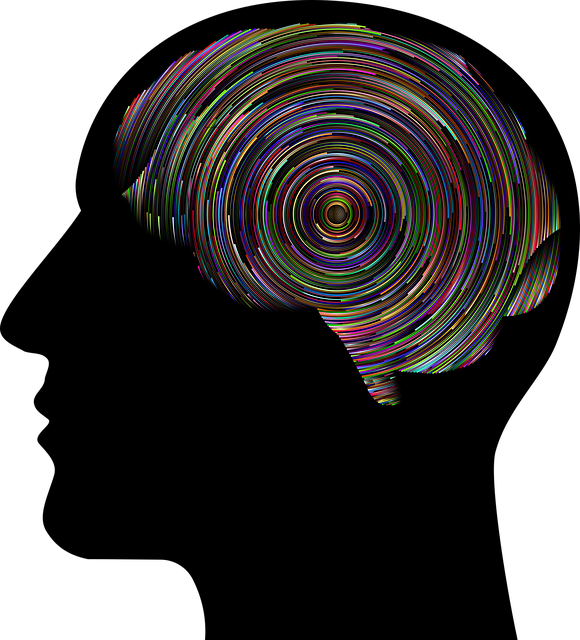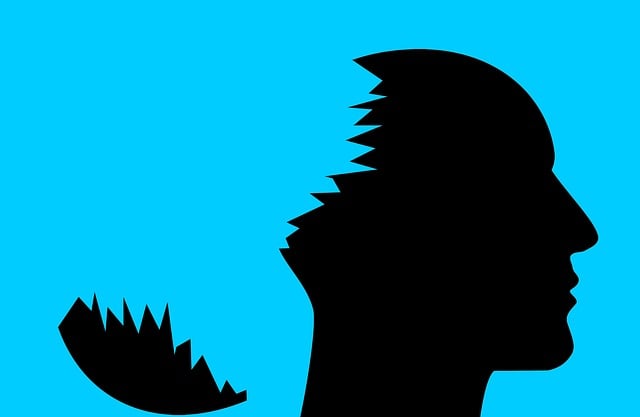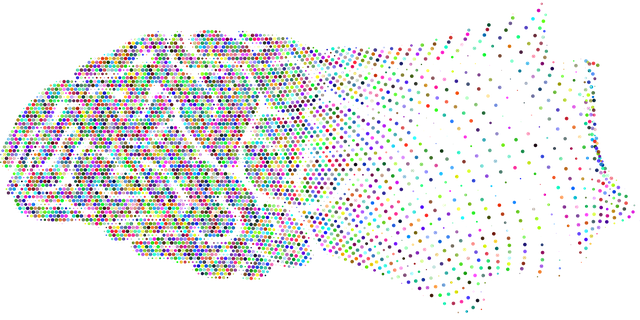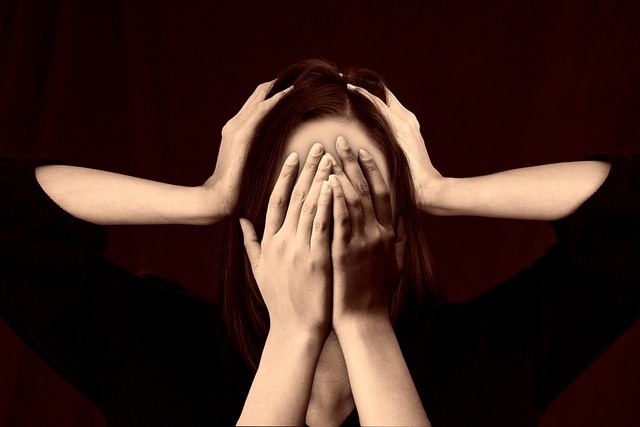Mental health challenges in children, especially bipolar disorder (CBD), require tailored treatment plans combining medication and psychotherapy. Early identification through self-assessment tools is crucial for preventing escalation and enhancing therapy outcomes. These tools, incorporating cultural sensitivity and building resilience, encourage self-awareness and active participation in mental wellness journeys. Regular updates based on user feedback and research ensure their effectiveness, empowering users to track mental health and seek proactive therapy, particularly beneficial for CBD.
Mental wellness self-assessment tools play a pivotal role in early identification and effective therapy for children facing mental health challenges, particularly bipolar disorder. This article delves into crucial aspects of developing comprehensive self-assessment frameworks tailored for young minds. We explore the unique mental health landscape of children, emphasizing the need for innovative tools in child therapy. Key components, implementation strategies, and continuous improvement approaches are discussed to enhance the impact of these tools, ultimately fostering better outcomes in treatment plans for bipolar disorder.
- Understanding Mental Health Challenges in Children, Especially Bipolar Disorder
- The Need for Effective Self-Assessment Tools in Child Therapy
- Key Components of a Comprehensive Self-Assessment Framework
- Implementation and Continuous Improvement Strategies for Self-Assessment Tools
Understanding Mental Health Challenges in Children, Especially Bipolar Disorder

Mental health challenges in children, especially bipolar disorder, can be particularly complex to identify and manage. Unlike adults who may express their distress more openly, children often struggle to communicate their emotional experiences effectively. This makes it crucial for caregivers and professionals to be vigilant about potential signs, such as sudden changes in behavior, mood swings, and difficulties concentrating. Early intervention is key; not only can it prevent the disorder from escalating but it also enhances the effectiveness of therapy for children bipolar disorder.
Bipolar disorder, characterized by extreme shifts between manic episodes marked by elevated mood and energy, and depressive episodes of sadness or hopelessness, requires tailored treatment plans. Traditional therapy for children bipolar disorder may involve a combination of medication and psychotherapy, focusing on strategies for stress management and anxiety relief as well as depression prevention. Engaging families in these therapeutic processes can significantly contribute to the child’s overall mental wellness.
The Need for Effective Self-Assessment Tools in Child Therapy

In the field of child therapy, effective self-assessment tools are indispensable for understanding and addressing mental health concerns in young individuals. Children often struggle to verbalize their emotions and experiences, making it crucial for therapists to utilize assessments that go beyond traditional conversational methods. Self-assessment tools tailored for therapy can provide valuable insights into a child’s emotional state, behaviors, and thought patterns, especially when dealing with complex conditions like bipolar disorder. These tools empower children to take an active role in their mental wellness journey, fostering self-awareness and encouraging them to express their internal experiences.
The development of such tools is particularly relevant in the context of depression prevention and crisis intervention guidance for children. By incorporating engaging and age-appropriate assessments into therapy sessions, professionals can identify early signs of distress, facilitate open communication, and provide timely support. Moreover, these self-assessment resources can be invaluable for mental wellness podcast series production, offering a medium to educate both children and parents about emotional well-being, while also promoting the accessibility and normalization of seeking help for mental health issues.
Key Components of a Comprehensive Self-Assessment Framework

A comprehensive self-assessment framework for mental wellness should encompass several key components to effectively evaluate and support individuals, especially those facing conditions like bipolar disorder. These tools must first consider cultural sensitivity in mental healthcare practice, recognizing that cultural backgrounds significantly influence an individual’s perception of mental health and coping mechanisms. By incorporating culturally responsive assessments, the framework ensures inclusivity and accurate interpretation of results for diverse populations.
Additionally, a robust self-assessment should focus on building resilience by identifying personal strengths, coping strategies, and stress management skills. This aspect is crucial for individuals with bipolar disorder as it equips them with tools to navigate mood episodes and maintain stability. Incorporating modules that assess emotional regulation, problem-solving abilities, and access to support networks can facilitate better mood management. Such assessments should also consider environmental factors and interpersonal relationships that might impact mental wellness, providing a holistic view of the individual’s well-being.
Implementation and Continuous Improvement Strategies for Self-Assessment Tools

The development of self-assessment tools for mental wellness is an ongoing process that requires strategic implementation and continuous improvement. Once created, these tools should be pilot-tested with a diverse range of users to gather valuable feedback on their effectiveness, usability, and any potential biases or gaps in assessment areas. This iterative approach ensures the tool remains relevant and beneficial over time. For instance, incorporating feedback from both therapists and children diagnosed with bipolar disorder can enhance the tool’s accuracy in identifying symptoms unique to this population.
Regular updates based on user feedback and new research findings are essential for maintaining the tool’s integrity. This includes adding questions or metrics that support emerging therapeutic modalities like building emotional intelligence and resilience. By fostering inner strength development through these self-assessment tools, users can gain deeper insights into their mental health status, enabling them to proactively seek therapy when needed, especially for conditions such as bipolar disorder.
Mental wellness self-assessment tools play a pivotal role in enhancing therapy for children with bipolar disorder by enabling early detection and personalized treatment. By incorporating comprehensive frameworks that consider symptoms, triggers, and coping mechanisms, these tools empower both children and therapists. Continuous improvement through user feedback and research ensures their effectiveness in navigating the complex landscape of child mental health. This approach fosters a more proactive and tailored approach to therapy for children bipolar disorder, ultimately improving outcomes and quality of life.
